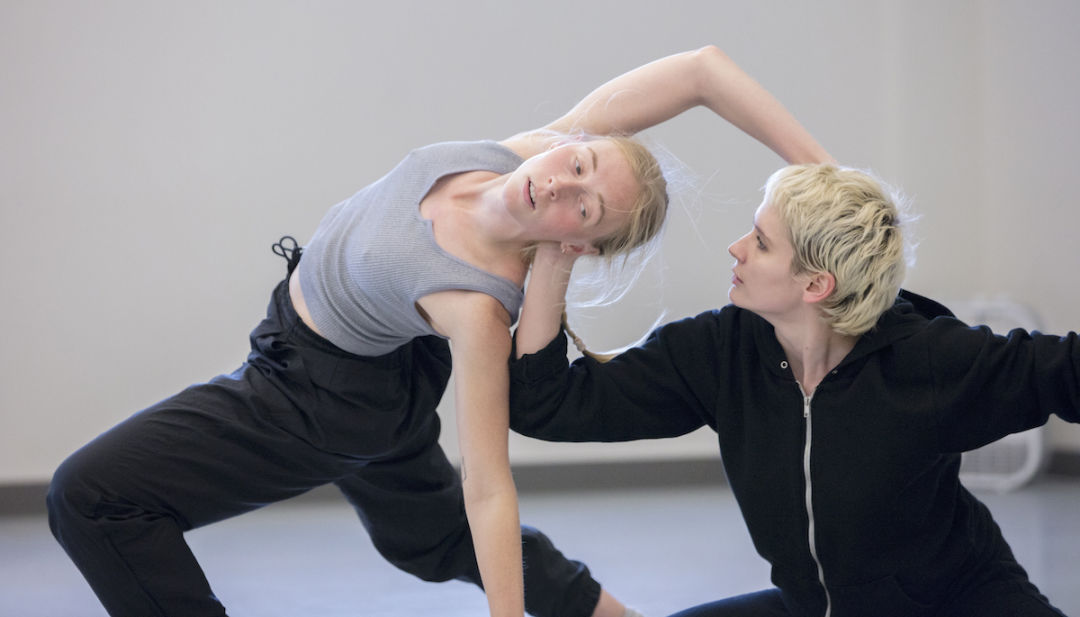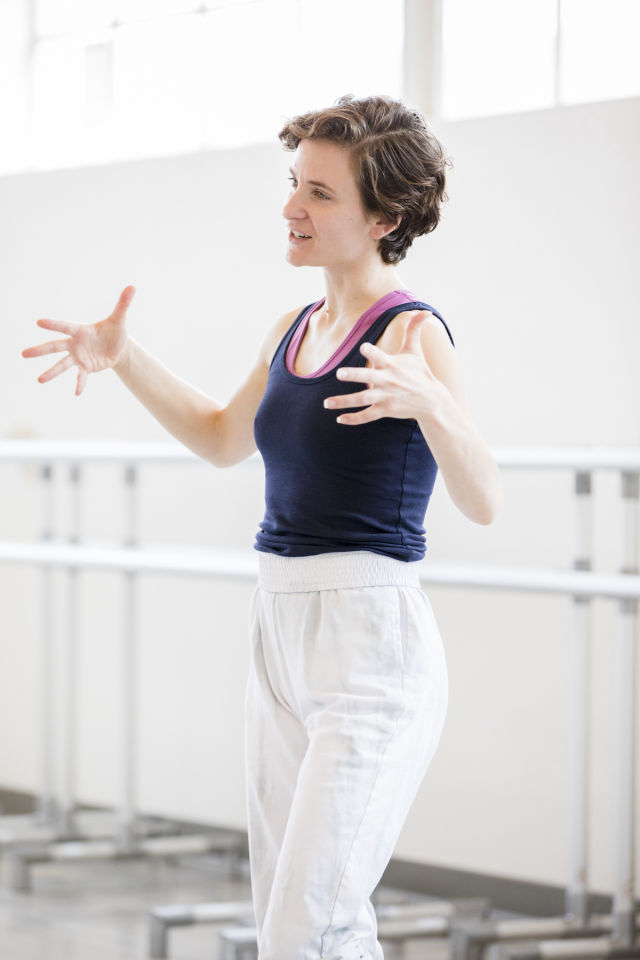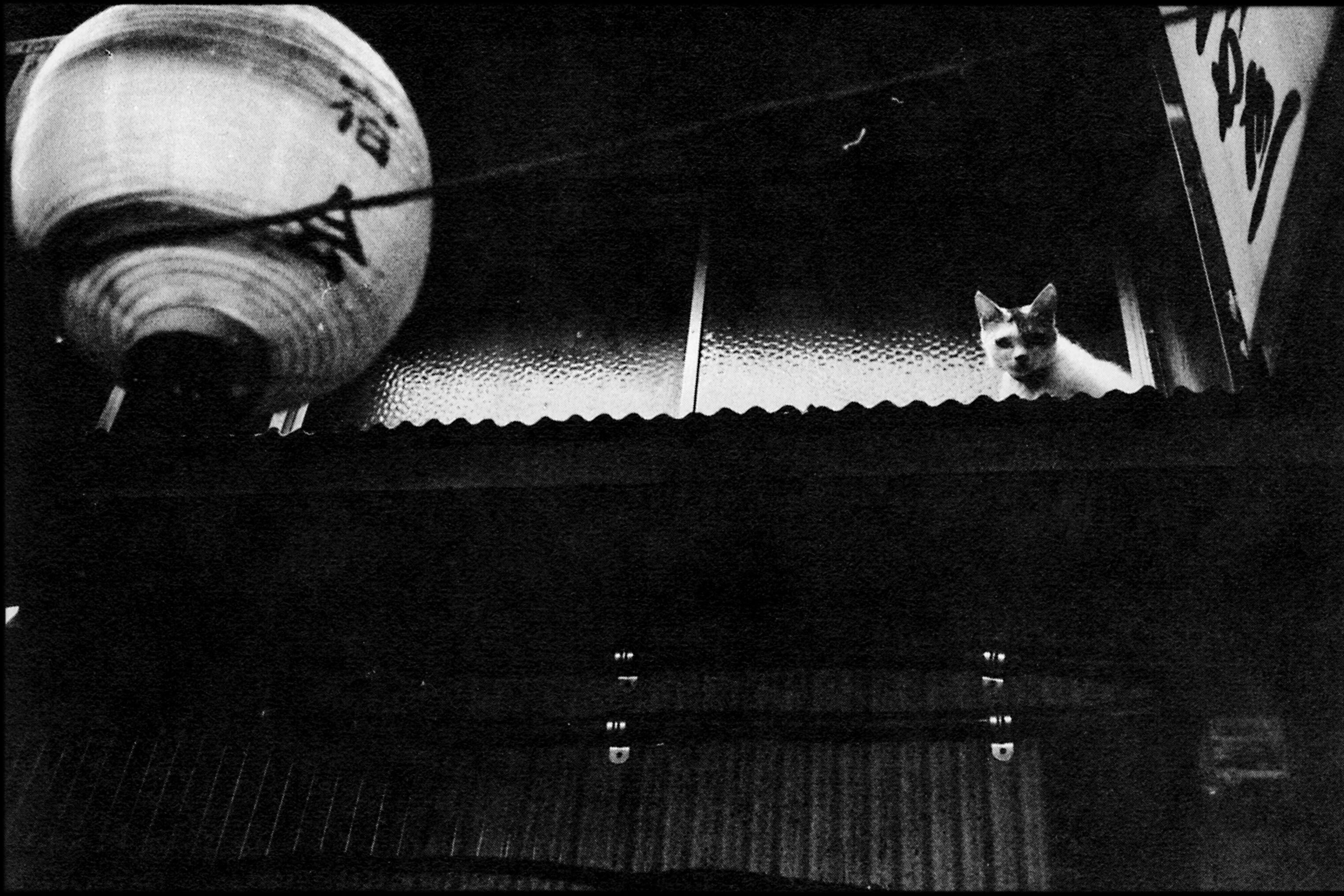Northwest Dance Project's Latest Brings Little Women to Life

Quincie Bean (left) and Ingrid Ferdinand in March
Image: Blaine Triutt Covert
“We could never have loved the earth so well if we had had no childhood in it,” wrote George Eliot in her 1860 pastoral novel The Mill on the Floss. “What novelty is worth that sweet monotony where everything is known and loved because it is known?”
It’s a lovely sentiment, really. (All the more so as novelties proliferate and sweet monotony gets harder to come by.) Greta Gerwig liked it so much that she snatched it up for her critically beloved 2019 adaptation of Little Women: Jo reads the Eliot passage to her ailing sister Beth while the two reflect on happier times.
When Andrea Parson first saw the film, that snippet of text cut to the core of the story for her. “I have so many memories of my childhood: my sister and my cousins and the things we used to make up and play, outside and in the basement,” Parson says. “I wanted to somehow capture some of that. What it means to be a child. The innocence of that.”
She makes a solid run at it in March, a new piece of choreography Parson will premiere with Northwest Dance Project at Lincoln Hall on June 10. Set to Chopin, Brahms, and selections from Gerwig’s film, March pares Little Women down to the essentials: four sisters, the young man who shakes up their dynamic, and the tragedy that rattles them all. (It will share a program with A Fine Balance, a revival of the first piece NWDP artistic director Sarah Slipper ever created for the company, and Nocturnal, a new piece from award-winning Japanese choreographer Yoshito Sakuraba.)
Parson had been toying with the idea of adapting Little Women for dance even before the Gerwig film came out. Her work, in recent years, has taken a turn for the reflexive, asking questions about her own womanhood and relationships to the women in her family—she had been researching classic female archetypes, and started to think of the March sisters as Greek goddesses. She saw Jo as Artemis, the independent huntress; Amy was Aphrodite, the romantic artist; Meg was the earthy Dematur, and Beth the domestic Hestia.

Andrea Parson in rehearsals for March
Image: Blaine Truitt Covert
“I was asking these questions about how to reconcile all these different parts of me,” Parson says. “Sometimes I feel like I’m an Aphrodite, and sometimes I feel like I’m Hestia. Sometimes I feel like Artemis, the hunter. I think it really began with my asking the question ‘Who am I?’ and how can all these female voices and goddesses exist in one?”
She kept the idea in her head for years, finally nudged to action by two things: first, Gerwig’s film, whose use of movement and tableau helped her see the story's choreographic potential; second, the illness and passing of her own sister. “After that, my relationship to the story evolved,” Parson says. “It became more personal.”
In the spring, she was invited by Northwest Dance Project—who she’s danced with for over a decade—to spend four weeks developing a new piece for the company’s summer premieres, and she knew it was time to plumb the depths of Little Women. The result is a spry, colorful half-hour that locates the broad, almost stock resonance of Louisa May Alcott's tale while still suffusing it with authentic life.
Divided into four sections, which Parson sees as seasons, March takes some nonlinear cues from the 2019 film. It opens on Jo (Ingrid Ferdinand) scribbling at a manuscript before dissolving into a series of sisterly stage pictures: she, Amy (Quincie Bean), Beth (Alejandra Preciado), and Meg (Amanda Sachs) link arms, laugh, and recite George Eliot. They play dress-up and move almost as one body, before the arrival of Laurie (Santiago Villarreal) creates factions, and Beth's illness drives Jo to try rewriting their story altogether.
"I want to communicate the power of story and imagination, and the beauty and fragility of these sibling relationships," Parson says. Dance, she hopes, will give audiences an opportunity to really absorb the inner lives of these familiar characters—externally rendered through the necessity of the medium—and consider in new light the ways they fit together. "And also a feeling of joy. I really hope there's a feeling of joy in the audience, or delight. Maybe comfort."
It's hard to hear that without thinking of Alcott's own words, which (not coincidentally) Parson quotes in the program: "I had lots of troubles," the author quipped once—Parson suffered the loss of her sister, all of us are still locked in a cycle of discomfort and uncertainty. "So I write jolly tales."
Summer Premieres
7:30 p.m. Fri–Sat, June 10–11 | Lincoln Hall, $29–65




